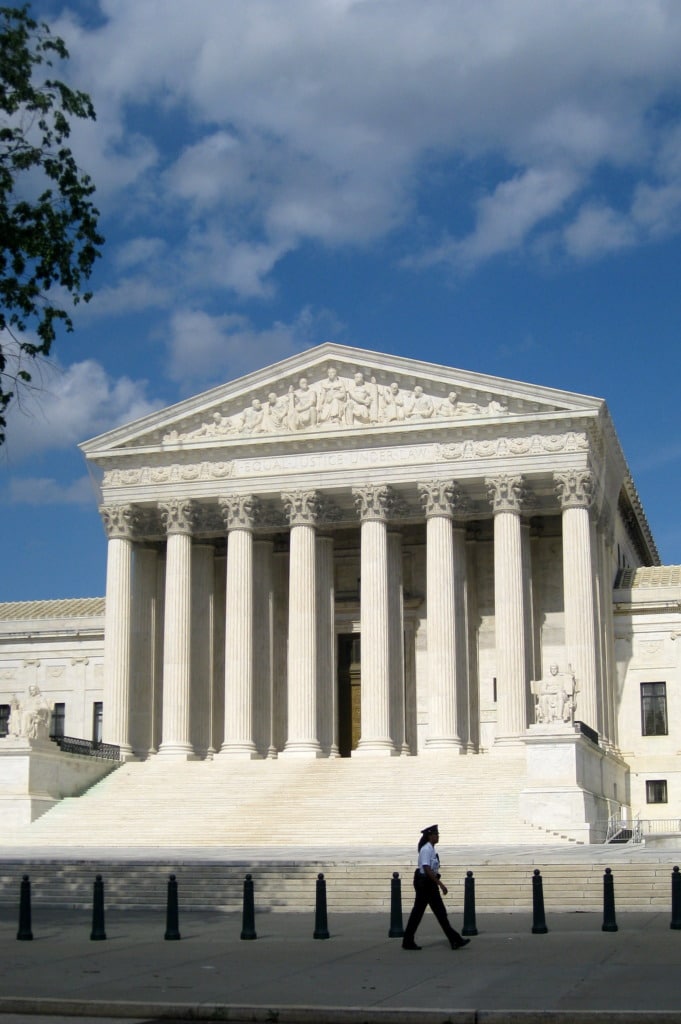The Court held that Federal Rule of Civil Procedure 60(b)(6)’s “extraordinary circumstances” standard remains fully applicable—even when a party seeks relief to file an amended complaint—and cannot be diluted by balancing it against Rule 15(a)’s liberal amendment policy. The plaintiffs had asked to vacate a final judgment under Rule 60(b)(6) to replead their complaint, citing the Second Circuit’s clarification of the aiding-and-abetting standard. The Court unanimously ruled however that a movant must first satisfy Rule 60(b)(6)’s rigorous standard by demonstrating "extraordinary circumstances" before Rule 15(a) can come into play.
Transnational Litigation at the Supreme Court, October Term 2024
Today is the first day of the Supreme Court’s October Term. This post briefly discusses four transnational litigation cases in which the Court has already granted cert, as well as several others that are in the pipeline and could be decided this Term. Readers can also consult our Supreme Court page. Cases in which the…
Continue Reading